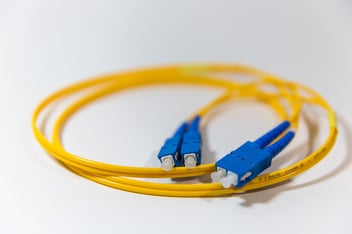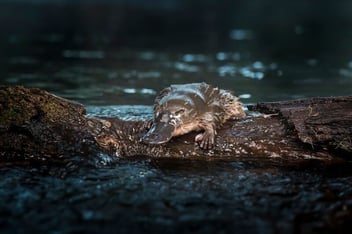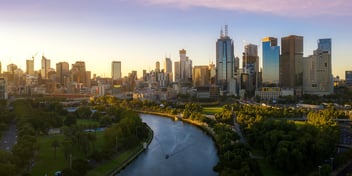VU launches new Sustainable Futures hub
Victoria University (VU) is set to establish a new research hub focused on developing solutions to sustainability challenges in Melbourne’s west, including waste, packaging, construction and water management.
Awarded $4.9 million by the Victorian Higher Education State Investment Fund, the Sustainable Futures Innovation Hub will draw on VU research and expertise in partnership with government, community and industry in four priority areas.
The priority areas include next generation water management in the Werribee River catchment, smart construction tools, Innovative construction using recycled materials and sustainable packaging solutions.
VU Research Fellow Professor Mikel Duke said the hub’s water management research will have a strong focus on working alongside communities, Traditional Owners and industry to help inform management, process and strategy decisions.
“Our primary contacts in industry are the utility partners we joined with to set the priorities in the formation of the proposal, which is Western Water and City West Water, and they'll merge to create Greater Western Water by the 1st of July this year,” Duke said.
“From there, we'll reach out to as many community groups within the capacity that the research can afford. We have a social scientist on the project, who will be key in setting up workshops, interviews, and group discussions within the Werribee river catchment area.
“It might span out to the major urban areas like Melton and Bacchus Marsh. The Werribee River catchment is a big region. It's one and a half times the area of Port Phillip Bay. It’s also a big growth area. Population is expected to triple by 2040 from 2018 numbers.
“While the water utilities we are partnering with and other organisations are already doing a lot of work in this area, this project builds the bridge into higher education and research.”
With the focus on water, Duke said research will be investigating Traditional Owner knowledge and history of water management, means to reduce water network leaks, and attitudes and understandings around alternative water sources, including stormwater reuse and recycled water, too.
“There's already facilities in place to produce alternative water sources, but the aim is for us to reduce the demand on the Werribee River to help protect its quality and its value to the community,” he said.
“The best decisions are made in harmony with the community's knowledge, understanding and expectations, and one of our key research aims is to unearth the values of the diverse west Melbourne communities in terms of how they view, use and value water.”
Rising to the occasion
The hub will form part of VU RISE — Recover, Innovate, Sustain, Evolve — which is the university’s research response to assist with COVID-19 recovery, aimed at improving and supporting west Melbourne’s long-term economic and social development.
Duke said COVID-19 has introduced some big changes, and the hub will also be focused on working with communities as they recover from the impacts of the pandemic.
“Water consumption patterns have changed, and the water utilities are well aware of that. But we also know that the communities themselves are going to be changing, too,” he said.
“There's a large amount of unemployment that's disproportionately higher in the west of Melbourne. These issues are going to feed into our research questions.”
Furthermore, the hub’s interdisciplinary approach to water management research will help to create more robust and inclusive decision-making approaches and strategic direction.
“We've got civil engineering, social science, and Traditional Owner experts involved in the research. Integrated water management cuts across all these disciplines. It brings everyone together,” Duke said.
“There are lots of different people and stakeholders that need to be considered in order to realise what's important as we move forward and make decisions in the interest of everybody in the water cycle.”
VU Vice-Chancellor Professor Adam Shoemaker said the hub reinforces the whole-of-university commitment to planetary health and the United Nation’s Sustainable Development Goals.
“Focused on sustainable, local recovery, VU RISE recognises that the west of Melbourne has been significantly impacted by COVID-19,” he said.
“This is a unique and exciting opportunity to work with our partners in the west and beyond to create next-generation innovation. The hub is an exemplar of an engaged approach to realise enduring solutions to complex problems.”



